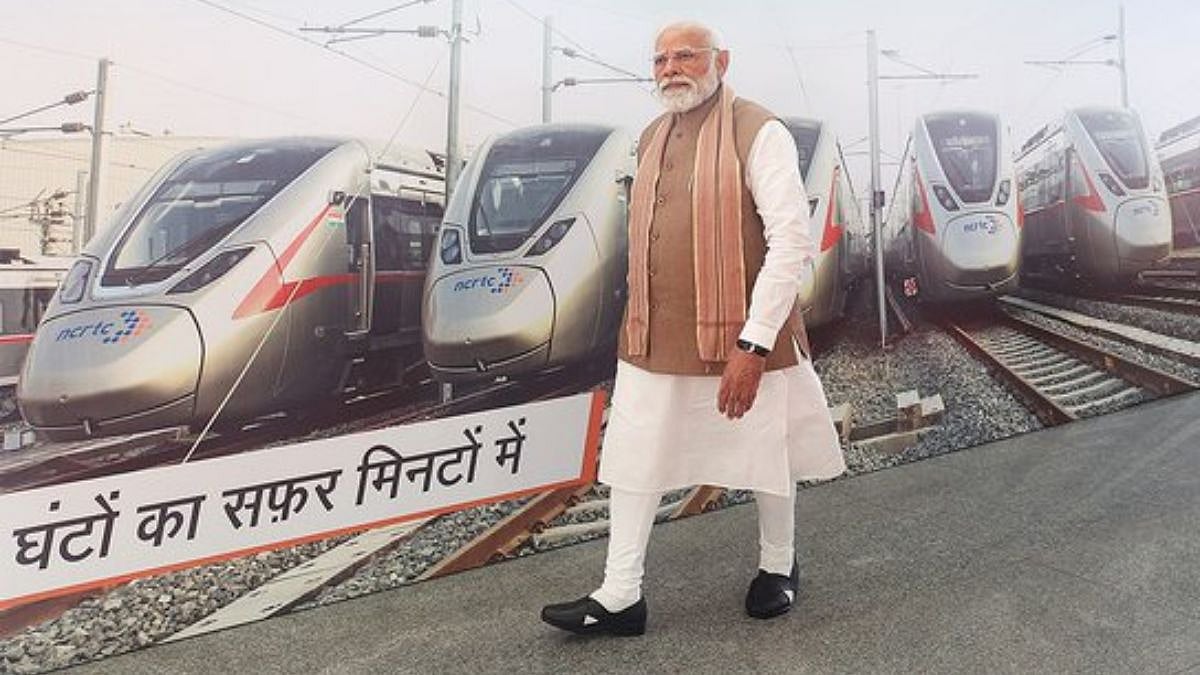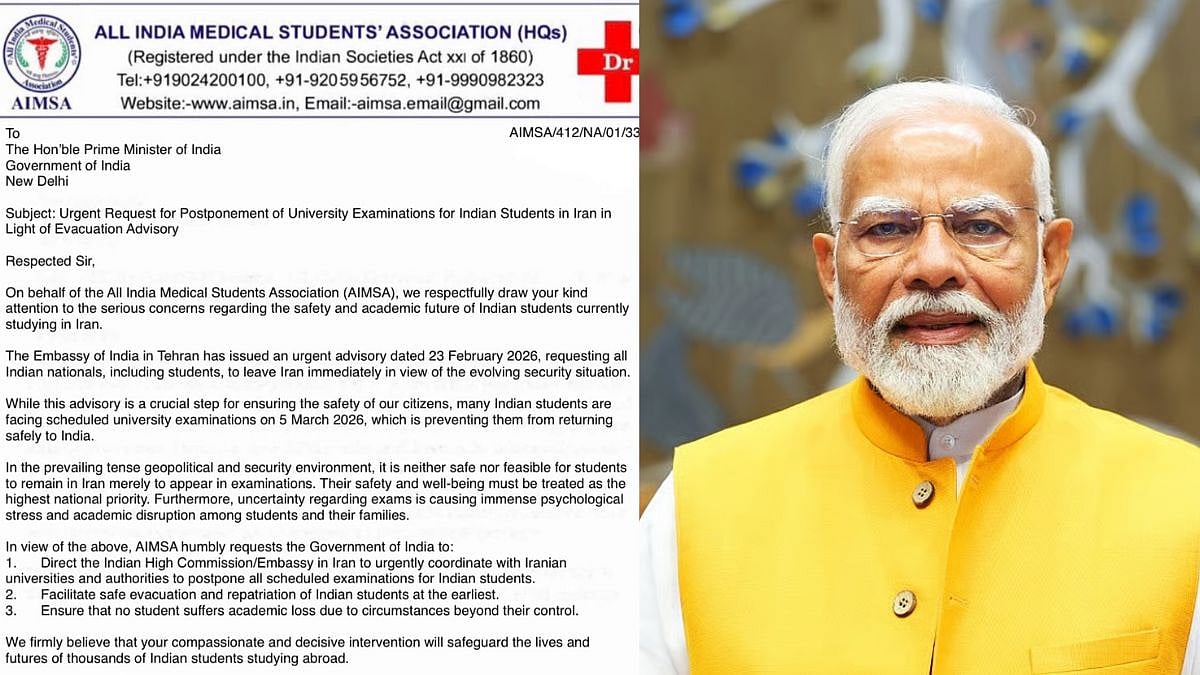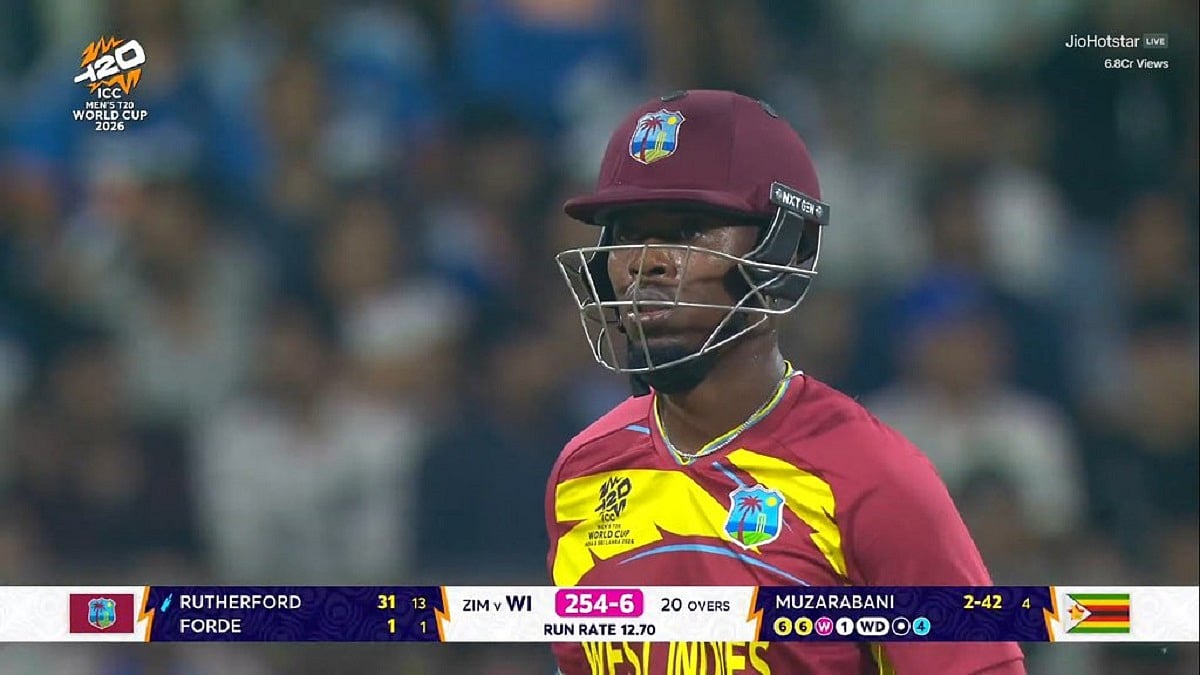Australian Prime Minister Scott Morrison said a trade agreement with India due to be signed on Saturday represented "one of the biggest economic doors there is to open in the world today".
Morrison is expected to call a general election within days, and has been eager to secure the trade deal before campaigning began, having been in negotiations with India for a decade.
The Australia-India Economic Cooperation and Trade Agreement would be signed in a virtual ceremony by Trade Minister Dan Tehan and India's Minister of Commerce & Industry, Piyush Goyal, and both countries would continue to work towards a full free trade deal, the federal government said on Friday.
"The pace and scale of our cooperation since we announced our comprehensive, strategic partnership has been remarkable. Some US$ 282 million in new initiatives that my Government has announced, including at the Summit, which will drive our expanding cooperation," Morrison said.
"This is the single largest Australian government investment in our relationship with India, but it won't be the last and now marks another milestone in that relationship. The signing of the IndAus Agreement further develops on the promise of our economic relationship," he added.
India is Australia’s seventh-largest trade partner, but attempts to diversify trade have taken on extra urgency given the increasingly rocky relationship with top-trading partner China.
The interim trade deal is three months later than the original deadline, suggesting there were several sticking points in the negotiations, and the full text has yet to be released.
The Australian government said tariffs would quickly be eliminated on more than 85% of Australian exports to India, valued at more than $12.6bn a year.
That would rise to almost 91%, or exports valued at $13.4bn, over 10 years, according to the government. Meanwhile, about 96% of goods imports from India are expected to enter Australia duty-free when the agreement takes effect.
The prime minister, Scott Morrison, said the interim agreement, to be signed in a virtual event on Saturday, “opens a big door into the world’s fastest growing major economy for Australian farmers, manufacturers, producers and so many more”.
Australia has offered to provide new access for young people from India to participate in working holidays in Australia, with places set at 1,000 a year.
The Australian government argued the move would “contribute to both workforce requirements and to boost tourism to support our post-Covid recovery”.
But while the deal is broader than expected, it still does not offer the same depth of market access provided by Australia's other free trade agreements.
That's partly because India remains a more protectionist country than many of Australia's other major trading partners.
Some Australian producers will only see limited or gradual gains, while other major Australian agricultural exports — including dairy, chickpeas and beef — have been entirely excluded from the interim agreement because of domestic political opposition in India.
While the initial gains from the agreement might be modest, the government is arguing that this agreement is still an important step in bolstering trade ties with a nation that is emerging as a major economic and strategic power.
Mr Morrison said the agreement would create "enormous trade diversification opportunities for Australian producers and service providers" who were hoping to reach "around 1.4 billion consumers in India".





